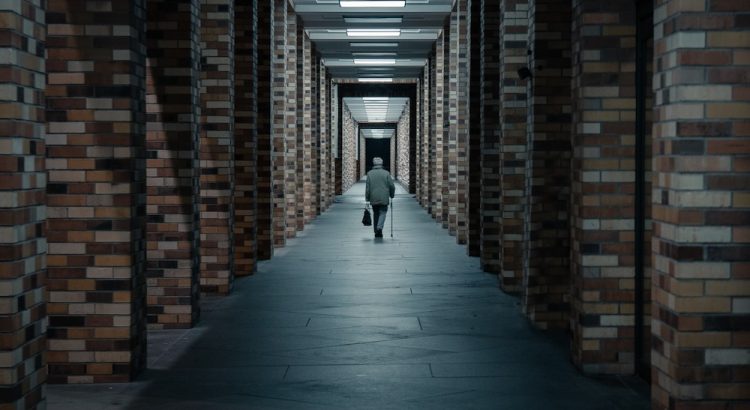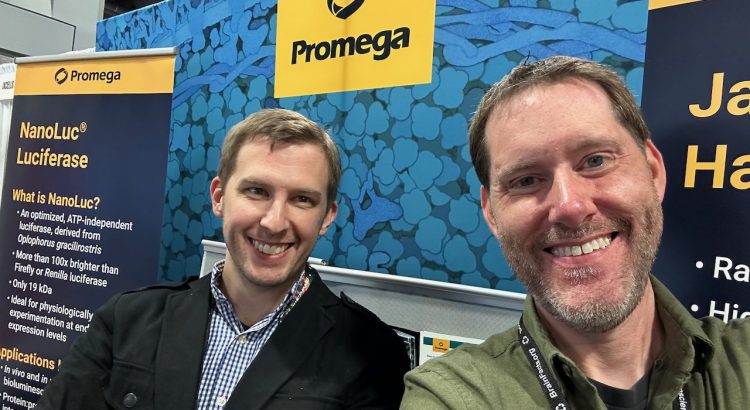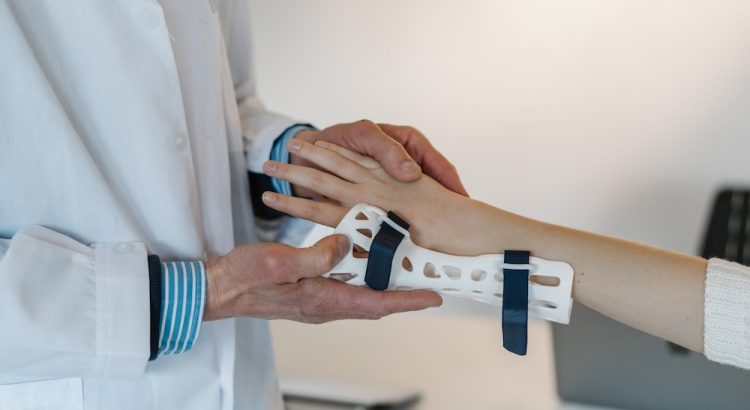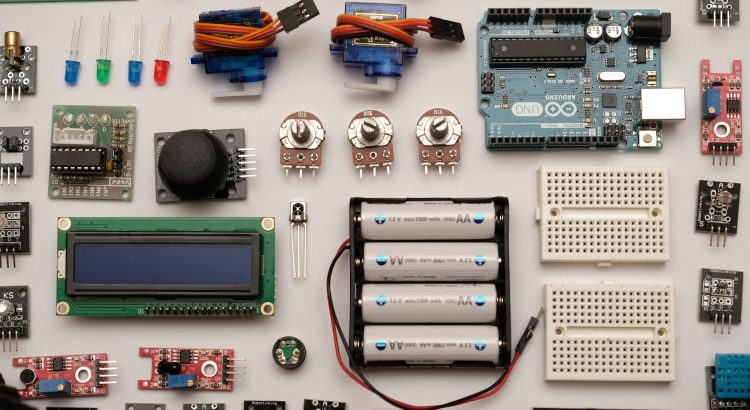Podcast: Play in new window | Download
Subscribe: Spotify | Email | TuneIn | RSS
A few generations ago, you could probably graduate from a PhD program and immediately land yourself a junior faculty position at a nearby university. But as grad school enrollment grew, a new quasi-professional job-description emerged in the nebulous middle ground between student and professor.
Lacking a better name, we just called them ‘postdocs’. It was an academic adolescence that implied they were ready to leave the nest, but not quite ready to fly freely.
Over time, academic institutions realized they had a good thing going. Here was a group of highly-skilled scientists who could churn out papers and grants with little oversight. And as a bonus, you didn’t have to pay them a salary commensurate with their position! They were ‘putting in the time’ in the hope that they, too, could one day run their own lab. “Think of it as an ‘investment.'”
The one-year postdoc/job search evolved into a two-year affair. Then it grew to two two-year affairs (in different labs, of course, so you can broaden your horizons!). Now, a postdoc may last 5 or 6 years, earning around $55,000 per year, and there’s still no guarantee of a faculty job light at the end of the tunnel.
But about ten years ago, something changed. The number of PhDs continued to rise, but the proportion of those graduates pursuing a postdoc declined.
What caused this shift, and what does it mean for academia and research in general?
We talked with a journalist who has been tracking the trend for years.
Read More



